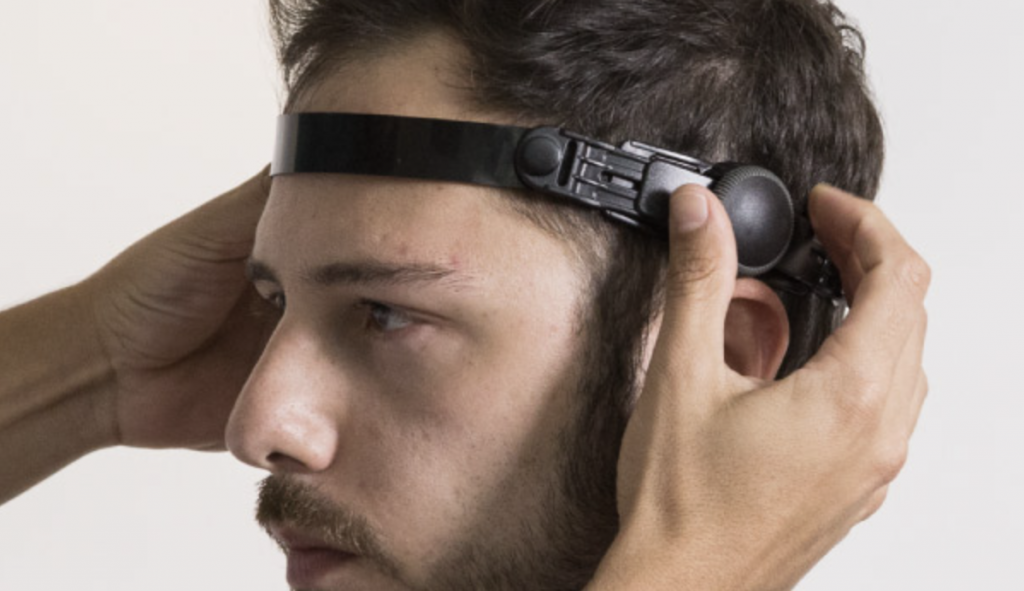
Before we present this week’s Weekend Reads, a question: Do you enjoy our weekly roundup? If so, we could really use your help. Would you consider a tax-deductible donation to support Weekend Reads, and our daily work? Thanks in advance.
The week at Retraction Watch featured:
- Four papers by Athira CEO earn expressions of concern
- Alzheimer’s diagnosis paper retracted for failure to disclose conflicts of interest, other issues
- Study comparing hydroxychloroquine and antiviral drug for COVID-19 retracted
- “[T]hese shit comments”: Author of a nonsense paper responds on PubPeer
- “Fabulous document”, “very helpful guidance”: Sleuths react to recommendations for handling image integrity issues
- Authors of a case report on COVID-19 in a prisoner say they ‘are unsatisfied with the quality of [their] work’
Our list of retracted or withdrawn COVID-19 papers is up to 160. And there are now more than 30,000 retractions in our database.
Here’s what was happening elsewhere (some of these items may be paywalled, metered access, or require free registration to read):
Continue reading Weekend reads: Vaccine-myocarditis preprint withdrawn; are citations worth $100,000 each?; the lesson of ivermectin





